Ankara Center for Crisis and Policy Studies (ANKASAM) is among the prominent institutions which produces national strategies for Türkiye’s foreign policy.
We asked the chairman Prof. Dr. Mehmet Seyfettin Erol about a wide range of issues on the Caucasus. Geopolitics of the South Caucasus and US plans in the region, Western-backed NGOs and color revolutions, Law on Agents of Foreign Influence, Türkiye-Russia, Türkiye-Azerbaijan, Türkiye-Armenia relations, 3+3 South Caucasus Regional Cooperation Platform. Erol, providing insights, puts some measures that he thinks Türkiye should take.
We present Erol’s analysis with subheading.
Türkiye needs the Law on Agents of Foreign Influence
The source and inspiration of the law on foreign agents are Western countries, especially the US. Interesting, isn’t it? Recall that the Foreign Agents Registration Act (FARA) was adopted in the US in 1938 to combat Nazi propaganda.
At the present stage, many countries, especially Western countries, have legislated measures to counter the influence of foreign governments. In such an environment of increasing uncertainty, threats and survival challenges, Türkiye must of course take precautionary measures in matters of paramount importance to its national security. As is well known, this issue has already been on the agenda in Türkiye. When discussing legislative measures to combat foreign influence, the usual classic Western double standards once again came to the fore.
No to a “second Sykes-Picot”
Türkiye needs to take these steps in order to protect democracy and independence. It’s the only way to maintain security. Our recent history, as well as regional and global events in our immediate vicinity, bear this out.
The Greater Middle East and Greater Israel project, as seen in the recent occupation and expansionist policies of Israel, are now back in the spotlight, and Prime Minister Netanyahu’s call for the Iranian and Lebanese people to engage in civil war in the name of democracy and freedom has undoubtedly put other states on high alert. In this context, President Erdoğan’s statement “We will not allow a second Sykes-Picot map” is quite remarkable and important in terms of timing.
Former territories of the USSR or the Ottoman Empire
It is not unreasonable to recall the following: almost all the countries where color revolutions or, more correctly, color coups have taken place so far are former territories of the USSR or the Ottoman Empire. Today, almost all of these countries have close ties with the Republic of Türkiye and the Russian Federation. Of course, this cannot be a coincidence.
In the process of building a new international system, and more specifically in the pursuit of unipolarity based on American hegemony in Eurasian geography, and in this context Turkish and Russian geopolitics are targets. Large countries like Türkiye and Russia are not easy to destroy from the outside. Therefore, these countries can only be brought to their knees by destroying them from within and making them open to foreign interventions through internal instability.
Georgia’s lessons from 2008
We see that many organizations masquerading as NGOs are trying to influence both the foreign policy of countries and their domestic politics. Events in Georgia and the “Law on Agents of Foreign Influence” are the main indicators of this. The West is trying to punish Georgia and make it a loyal part of its axis again.
However, I think that the Georgian state and people have learned very important lessons from 2008. They still have not been able to get rid of the consequences of the coup d’etat called “color revolution”. Georgia wants to avoid a repeat of the 2003 scenario. The Law on Agents of Influence, adopted in this context, is the clearest indicator of this.
Events in Armenia are notable not only in the context of foreign policy, but also in the context of domestic policy. Serious changes are taking place in the country due to political instability. We see that foreign influence is increasing in the region. Especially in Armenia. Besides France, there is also a growing Greek and Indian presence there. The region is trying to be dragged into chaos through destabilization and foreign interference.
Putin’s warning
Russian President Putin’s warning that “the West is preparing scenarios that will entail new conflicts in the Commonwealth of Independent States”, including at the last CUS summit, has gained particular importance after 2022. In this context, we see that the West is following a strategy aimed at undermining Caucasian geopolitics through the media and NGOs, sabotaging the search for cooperation between the countries of the region, such as “3+3” format, and creating new conditions for cooperation, conflicts or disputes between them.
The relations between Türkiye and Armenia, Georgia, Iran and India were targets for outside interference. This is not only happening in Armenia, but also in Georgia, and even efforts to normalize relations between Greece and Türkiye were tried to be thwarted through the Caucasus. Moreover, we saw that Turkish-Azerbaijani relations were tried to be spoiled through attempts to inflame the media.
In other words, if we look at some recent incidents in the press, we see that attempts are being made to create an atmosphere of crisis between Türkiye and Azerbaijan. Fortunately, the state traditions and wisdom of the leaders of these countries are very strong. They did not give in to provocations. Such a conflict is impossible in the current conditions. Therefore, no one should have empty expectations.
I think one of the fundamental issues that cannot be ignored is the Turkish-Russian aspect of the issue. I believe that the most important target is Türkiye and Russia through the Caucasus. In this context, Armenia and Iran will be used as the two weakest countries in the region. We are experiencing a process that should be treated with the utmost caution. Because Türkiye and Russia still have before their eyes the example of the crisis of November 24, 2015, when a plan was shot down. And I think that both countries should not allow a repetition of such events. Otherwise, not only Türkiye and Russia, but the whole region will lose.







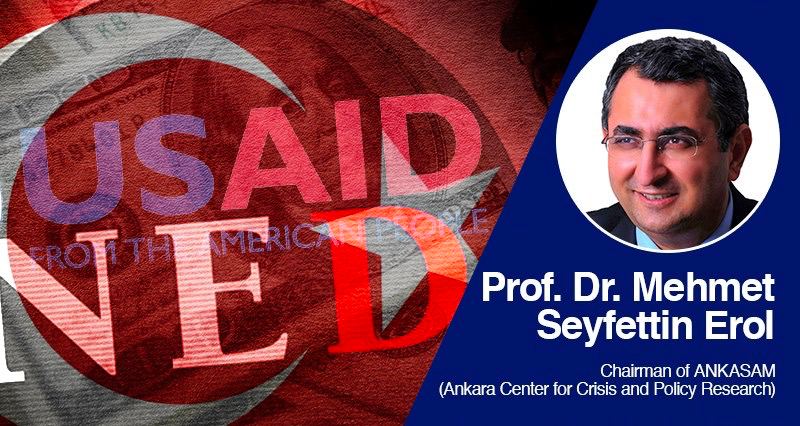
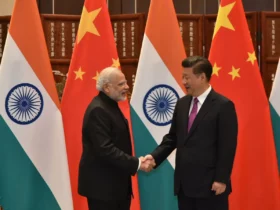
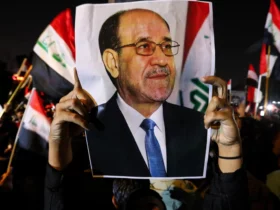

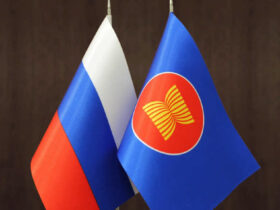


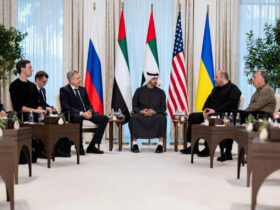
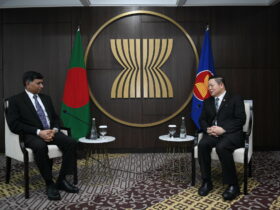

Leave a Reply